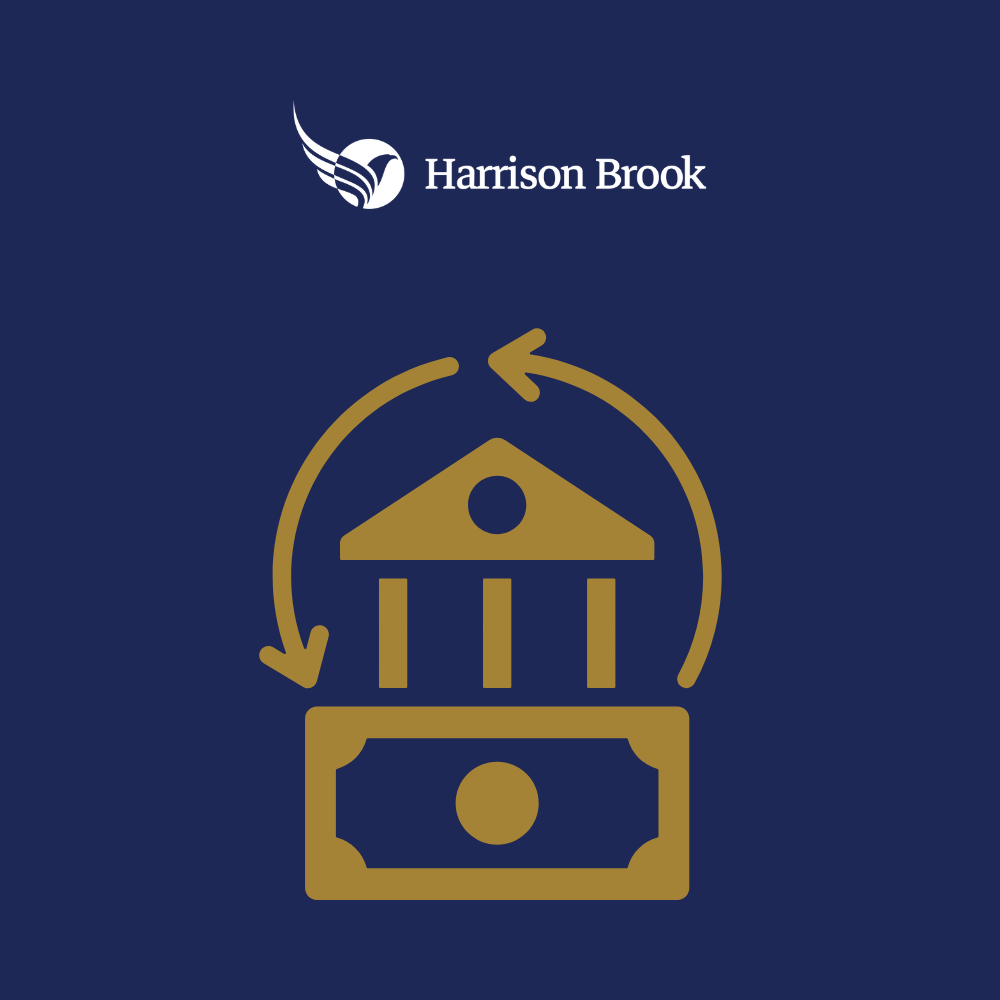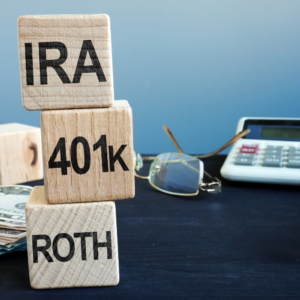
Are you asking yourself, are government-backed investments right for me? Investing can be a daunting endeavor, especially for those new to the world of finance. Government-backed investments provide security and stability, but with their own set of limitations. They are often an essential part of a well-balanced investment portfolio, but it all depends on what you are looking to do with your money.
Risk Tolerance
All investments include some level of risk, no matter how well protected they may be. It is therefore crucial that investors know their risk tolerance level before investing, which will depend on a multitude of factors such as goals, budget and even overall personality. There are no right answers to the question of risk tolerance, but it is a fundamental part of your investment strategy.
Risk and Returns
A core principle of investing is the direct correlation between risk and potential returns: higher risks can lead to higher profits, but also greater losses. Investors must carefully balance their tolerance for risk against the anticipated level of return.
Additionally, it’s crucial to recognize the various types of risks involved in investing. While most investors are aware that stock prices can fluctuate (market risk), they may overlook other potential risks. For instance, investing in a foreign currency introduces exchange risk, and changes in market rules and regulations can pose political and regulatory risks. All of these must be weighed against the potential returns of an investment.
Government-back securities (Sovereign bonds)
One way to limit risk is to invest in government backed securities. These are usually bonds issued by governments who promise to repay after a certain period of time with a certain level of interest. The investor will then place their trust in the economic and political stability of the country to repay their debt on time. The more “reliable” a country, the lower the interest they will offer on bonds, and vice-versa.
Examples of US government backed securities:
- Treasury Securities: These include Treasury bonds, notes, and bills, which are debt securities issued by the U.S. Department of the Treasury. They are considered virtually risk-free as they are backed by the U.S. government’s ability to tax and print money.
- Savings Bonds: These are non-marketable securities issued by the U.S. Treasury, often used for long-term savings and education expenses. They offer fixed interest rates and are backed by the government.
So, what’s the limitations of government-backed investments?
The limitation of government-backed investments is typically the low return and the long maturity time. When compared to other bonds, such as corporate or investment grade bonds, there is normally a lower expected rate of return.
| TYPE OF BONDS | DURATION | RATE |
| Gov Bonds | 12 Month | 4.25% |
| Corp AAA Bond | 12 Month | 4.50% |
| Investment Grade Bonds | 12 Month | 6% |
Government-protected bank and investment accounts
In order to encourage and safeguard personal savings, many countries offer protection for bank deposits in their country. This will not protect from the volatility of the market, but will secure against the risk that the bank would fail.
US government-protected bank and investment accounts:
- Federal Deposit Insurance Corporation (FDIC): the FDIC protects investors against the loss of deposits in the case of the failure of an FDIC-insured bank or savings association. Any person, even if you’re not a U.S. citizen or resident, can have FDIC insurance coverage in an insured bank up to $250,000 per depositor, per insured bank, which is backed by the full faith and credit of the United States government.
- Securities Investor Protection Corporation (SIPC): The primary purpose of the SIPC is to protect individual investors if a brokerage firm fails financially, and return the customer’s assets during the liquidation of the failed investment firm. the SIPC provides a safety net for investors by safeguarding investment assets up to $500,000.
Additional things to think about when investing overseas
Currency risk: For investors living overseas, or holding accounts in different countries, it’s important to consider foreign exchange risk. Currency values shift continuously, and can dramatically impact the final returns on investments. To mitigate risk, many investors prefer investments in their own currency. As a result, certain sovereign bonds are issued in foreign currencies, attracting foreign investors who wish to invest in a certain country, but without the currency risk.
Inflation risk: Inflation eats away at the power of your money, as well as the real return of your investments. In addition, inflation adversely affects the currency exchange rate, as inflation weakens a country’s currency. Sovereign bonds in foreign currencies will offer enticing returns, but inflation must be taken into account to realize the real rate of return. If you opt for an inflation adjusted bond – such as TIPS in the US – it will offer protection from inflation risks, but tend to offer lower returns.
Tax Implications: Understanding the tax implications is crucial. While American citizens are always taxed on their global income, some countries have tax treaties with the U.S. that affect the taxation of investment returns, especially bonds.
Financial peace of mind with a Harrison Brook advisor
If you are struggling to understand the world of investing, especially as an American living overseas, the best solution is to work with the cross-border advisors at Harrison Brook. We have done the legwork to find the partners that comply with the complex web of regulations facing U.S. expats by building a team of leading international estate, immigration and tax advisors. Harrison Brook is here to assist you in managing your financial assets, so don’t hesitate to book a meeting with us.


